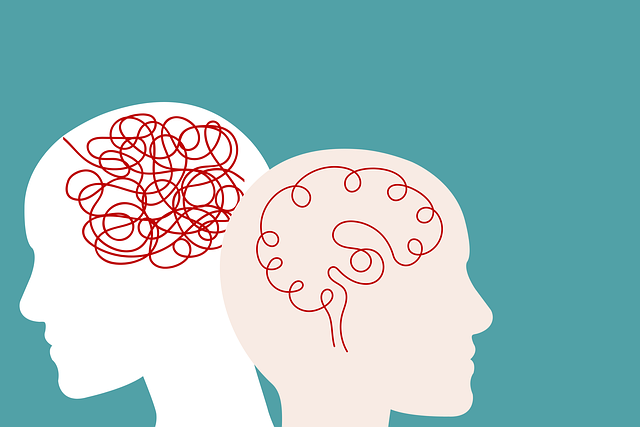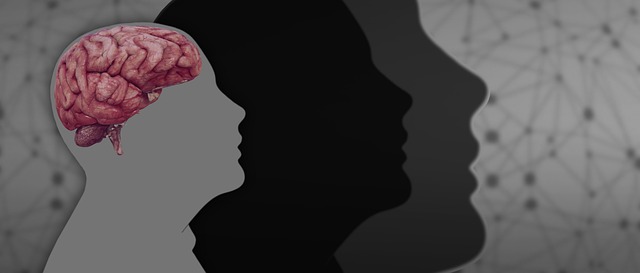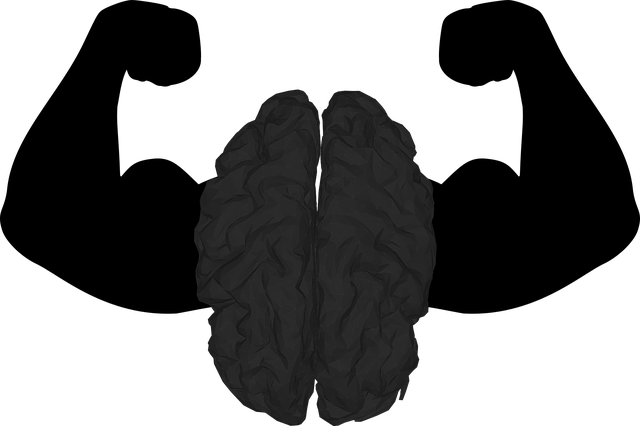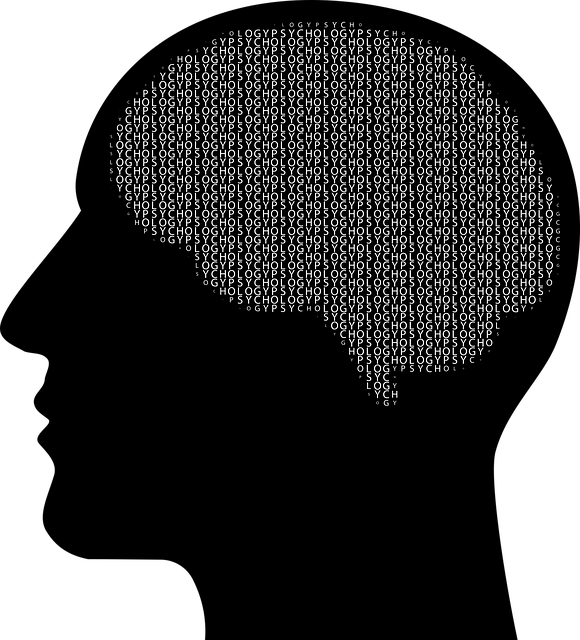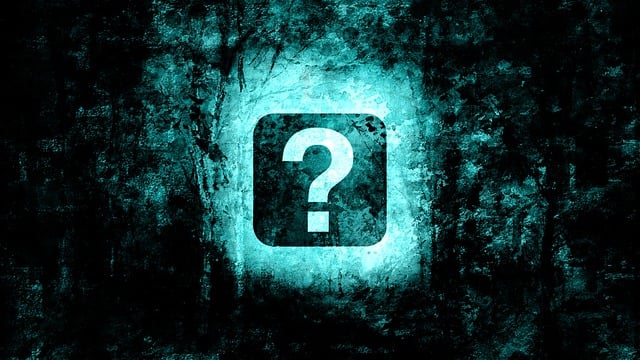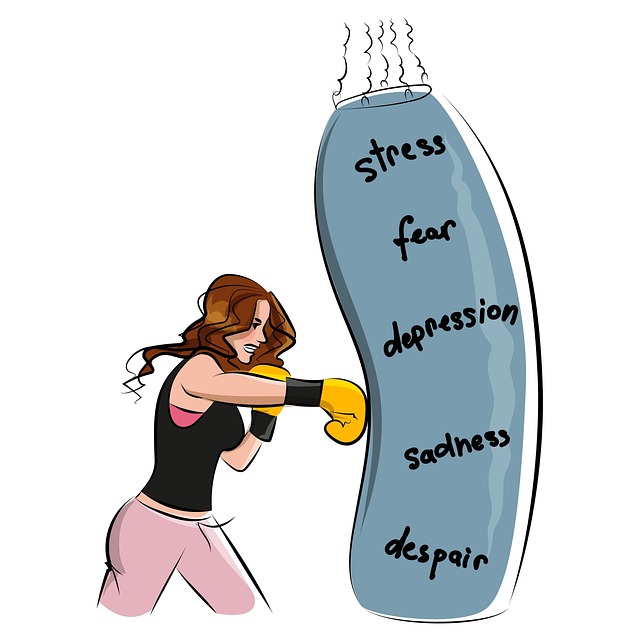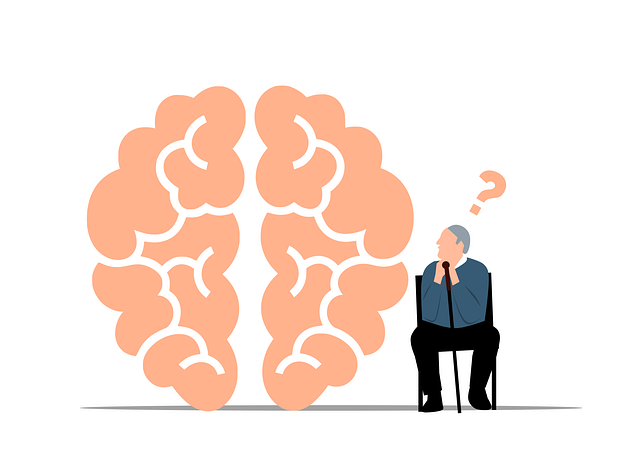Mental health crisis hotlines provide 24/7 support for young adults, offering immediate assistance, therapy guidance (including EMDR), and self-care resources. These hotlines connect individuals to trained professionals who facilitate long-term mental wellness through evidence-based practices, building resilience against emotional distress. They offer judgment-free zones, personalized therapy, and comprehensive support tailored to the unique challenges faced by young adults, promoting improved mental health outcomes over time.
In today’s fast-paced world, mental health crisis hotline support services serve as a crucial lifeline for young adults grappling with emotional turmoil. These 24/7 resources offer immediate assistance, empowering individuals to navigate challenging situations. This article delves into the effectiveness of EMDR (Eye Movement Desensitization and Reprocessing) therapy in crisis support, exploring its role in facilitating recovery. We guide you through accessing these services and highlight ongoing support strategies for fostering resilience among young adults.
- Understanding Mental Health Crisis Hotlines: A Lifeline for Young Adults
- The Role of EMDR in Crisis Support and Therapy
- Accessing and Utilizing These Services: What to Expect
- Promoting Recovery and Resiliency Through Ongoing Support
Understanding Mental Health Crisis Hotlines: A Lifeline for Young Adults

Mental health crisis hotlines offer a crucial lifeline for young adults facing intense emotional distress or a mental health crisis. These 24/7 services provide immediate support, crisis intervention guidance, and a safe space to vent and seek assistance. Trained professionals on these lines are equipped to listen without judgment, offer empathy, and provide valuable resources such as therapy for young adults through EMDR (Eye Movement Desensitization and Reprocessing) or other evidence-based practices.
Beyond immediate support, mental health crisis hotlines often serve as entry points to longer-term solutions. They can connect individuals to mental wellness journaling exercise guidance, facilitate access to local support groups, and offer valuable advice on self-care routine development for better mental health. By addressing the root causes of distress and empowering young adults with coping mechanisms, these hotlines play a vital role in promoting resilience and fostering positive mental wellness outcomes.
The Role of EMDR in Crisis Support and Therapy

Eye Movement Desensitization and Reprocessing (EMDR) has emerged as a powerful tool within crisis support services, particularly for young adults seeking therapy. This approach, initially developed to help individuals process traumatic memories, involves guiding clients through bilateral stimulation while they recall distressing events. The back-and-forth eye movements or alternative forms of stimulation help desensitize the individual to these memories, reducing their emotional intensity and associated beliefs.
EMDR is now widely recognized as an effective treatment for post-traumatic stress disorder (PTSD) and has been integrated into various mental wellness initiatives, including podcast series focused on mental health awareness and community outreach programs aimed at destigmatizing mental illness. By offering EMDR therapy, crisis hotlines can provide specialized support to young adults struggling with trauma-related issues, contributing to their long-term mental wellness and emotional resilience.
Accessing and Utilizing These Services: What to Expect

Accessing mental health crisis hotline support services is a vital step for young adults seeking therapy and EMDR (Eye Movement Desensitization and Reprocessing) as a treatment method. These hotlines are designed to offer immediate assistance, providing a safe space for individuals to express their feelings and concerns without judgment. When reaching out, be prepared to communicate your needs clearly; share what you’re feeling, the issues you’re facing, and why you require support. The hotline operator will guide you through the process, ensuring confidentiality while offering valuable resources and direction.
Utilizing these services can vary, but often involves a brief assessment to understand your situation better. You might be asked about recent life changes, traumatic experiences, or any specific triggers. Following this initial interaction, professionals will either connect you directly with an appropriate therapist for ongoing treatment or provide self-awareness exercises and communication strategies to help manage crises in the short term. Remember, seeking help is a sign of strength, and these services are dedicated to fostering mental wellness through personalized support.
Promoting Recovery and Resiliency Through Ongoing Support

Mental health crisis hotline support services play a pivotal role in promoting recovery and resiliency among young adults. Beyond immediate crisis intervention, these hotlines often provide ongoing therapy, including techniques like EMDR (Eye Movement Desensitization and Reprocessing), tailored to address specific mental health challenges faced by this demographic. By offering continuous support, they foster a sense of stability and encourage individuals to develop coping strategies that enhance their overall well-being.
Additionally, these services facilitate resilience building through regular check-ins and skill-building workshops. They may offer risk assessments for mental health professionals to ensure safe and effective interventions, incorporating social skills training as part of their comprehensive approach. This holistic strategy not only supports young adults in managing acute crises but also equips them with the tools needed to navigate life’s challenges more effectively, ultimately contributing to improved mental health outcomes over time.
Mental health crisis hotline support services, including therapy options like EMDR, play a vital role in promoting recovery and resilience among young adults. By providing immediate assistance and ongoing support, these resources offer a lifeline during challenging times. Understanding the navigation process and leveraging techniques such as EMDR can significantly enhance the effectiveness of crisis interventions. Remember that seeking help is a sign of strength, and with access to the right services, young adults can embark on their journey towards mental well-being and a brighter future.
